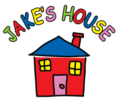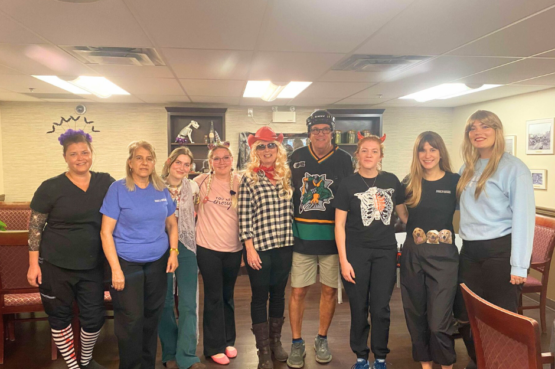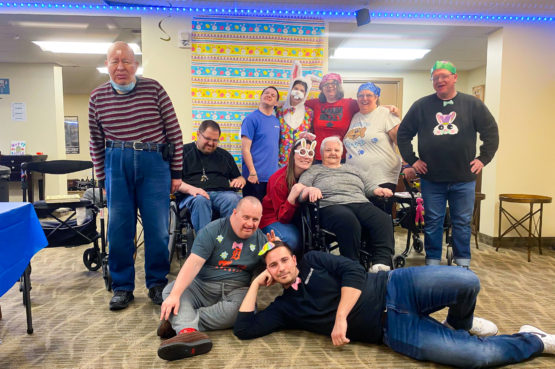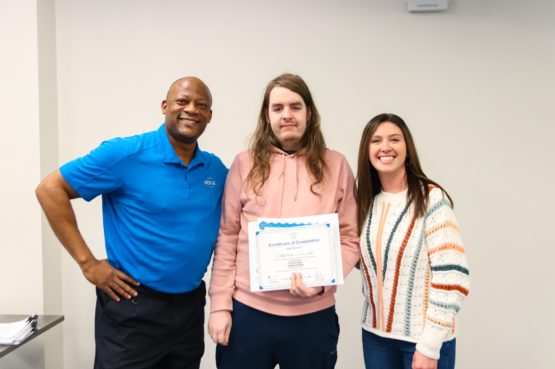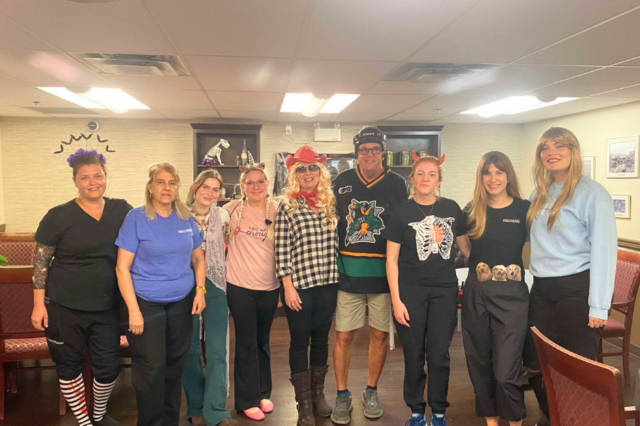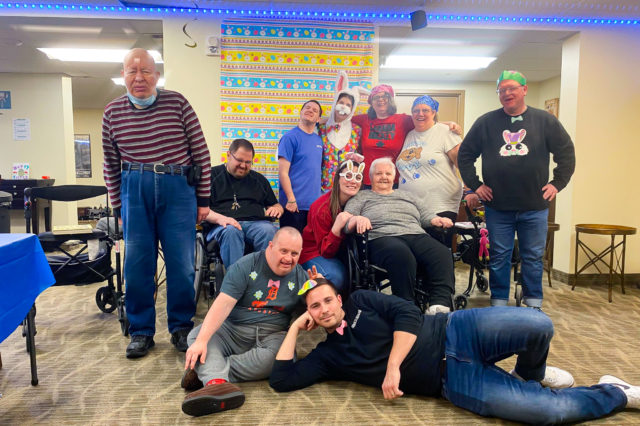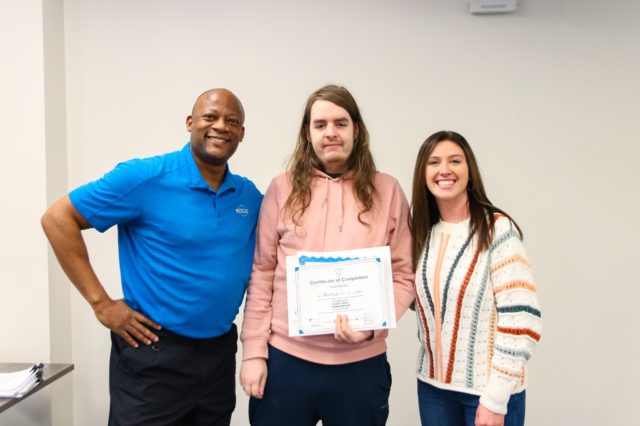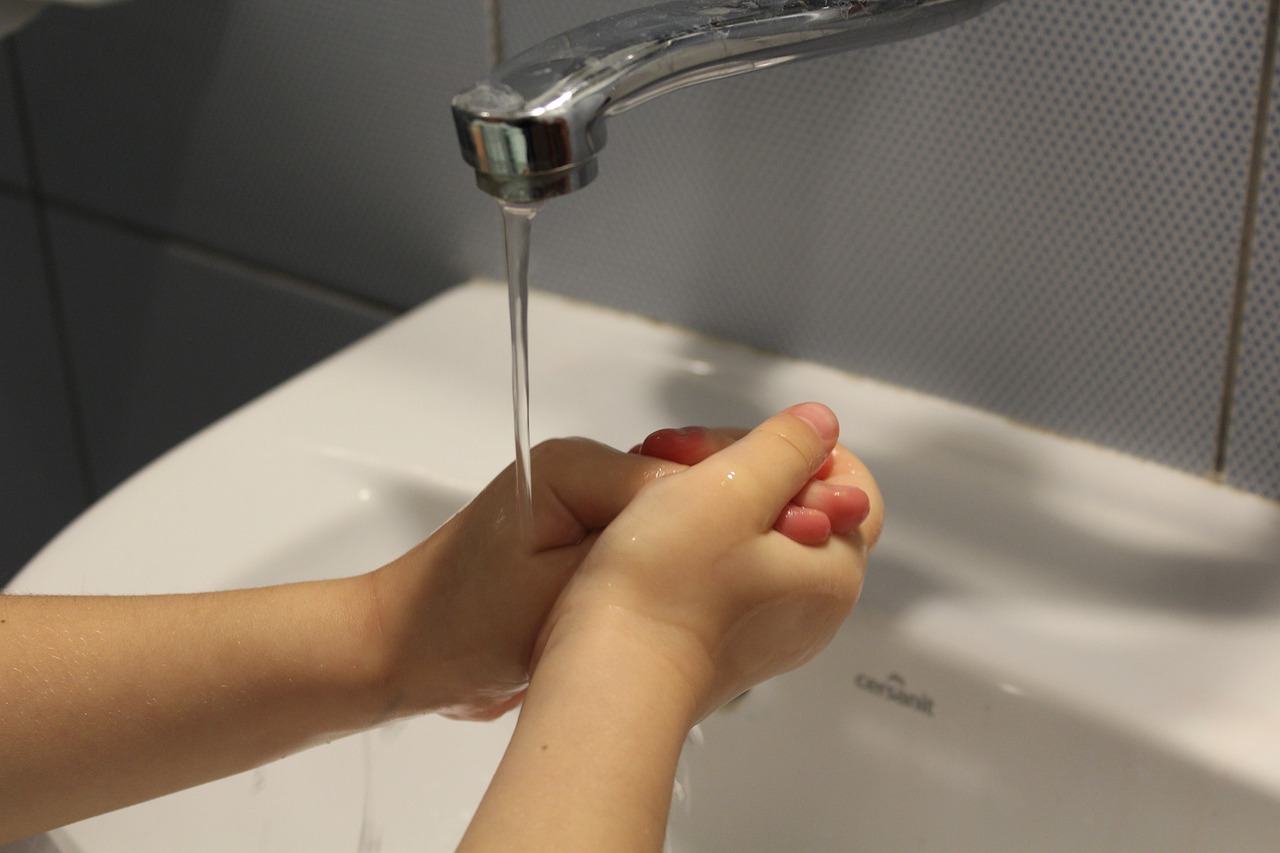
Managing COVID-19 While Living with Autism
We are all aware of the rapid change to our lives with the Coronavirus (COVID-19) outbreak. And we understand that there’s the additional challenge for families living with autism that are trying to manage the spread of COVID-19. In order to prevent the illness and stay safe, we want everyone to fully understand it, and follow best practices when it comes to managing it!
To get started let’s learn about the virus:
Symptoms
May appear 2-14 days after exposure
Fever
Cough
Shortness of Breath
Emergency Warning Signs
If you develop these signs, you need to seek medical attention immediately.
- Difficulty breathing or shortness of breath
- Persistent pain or pressure in the chest
- New confusion or inability to arouse
- Bluish lips or face
*This list is not all inclusive. Please consult your medical provider for any other symptoms that are severe or concerning.
How it Spreads
The virus can be spread from person-to-person. This is between people in close contact (about 6 feet). Respiratory droplets are produced in the air when the infected person coughs or sneezes. These droplets can then land in the mouths or noses of nearby people, or inhaled into the lungs.
To help prevent coronavirus the Public Health organisations recommend the following:
Clean your hands often!
- Wash your hands often with soap and water for at least 20 seconds (to make it fun sing your favourite song for the amount of seconds!) especially after going to the bathroom; before eating; and after blowing your nose, coughing, or sneezing.
- If soap and water is not available, use hand sanitizer made up of at least 60% alcohol. Cover all surfaces of your hands and rub them together until they feel dry.
- Avoid touching your eyes, nose, and mouth with unwashed hands.
Avoid Close Contact!
- Social Distancing! If it is possible to stay home, then do so. If you have to leave your house, follow the Public Health recommendations on preventing coronavirus.
Clean and Disinfect!
- Clean and disinfect frequently touched objects and surfaces using a regular household cleaning spray or wipe. This includes tables, doorknobs, light switches, countertops, handles, desks, phones, keyboards, toilets, faucets, and sinks.
- If surfaces are dirty, clean them: Use detergent or soap and water prior to disinfection.
Create a Household Plan!
- Consider 2-week supply of prescription and over the counter medications, food and other essentials. Know how to get food delivered if possible.
- Establish ways to communicate with others (e.g., family, friends, co-workers).
- Establish plans to telework, what to do about childcare needs, how to adapt to cancellation of events.
Managing Anxiety and Stress
We understand with this outbreak how fearful and stressful it can be, especially when caring for family members with ASD. It can cause overwhelming and strong emotions in adult and children. Public Health has provided several guidance documents to help you cope.
How to prevent coronavirus – Prevent the spread of COVID-19 if you are sick
Stay home except to get medical care!
- People who are mildly ill with COVID-19 are able to isolate at home during their illness. You should restrict activities outside your home, except for getting medical care and other necessities.
- At home, limit contact from others, and use a separate bathroom if available.
- You should restrict contact with pets and other animals while you are sick with COVID-19, just like you would around other people. Although there have not been reports of pets or other animals becoming sick with COVID-19, it is still recommended that people sick with COVID-19 limit contact with animals until more information is known about the virus.
- Cover your mouth and nose with a tissue when you cough or sneeze.
- Throw used tissues in a lined trash can.
- Wash hands: Immediately wash your hands with soap and water for at least 20 seconds or, if soap and water are not available, clean your hands with an alcohol-based hand sanitizer that contains at least 60% alcohol.
- Do not share personal household items.
- After traveling abroad, make sure to self isolate for at least 14 days.
- Consider wearing a facemask around other people!
- Monitor your symptoms, seek prompt medical attention if your illness is worsening (e.g., difficulty breathing).
- Talk to your healthcare provider even after symptoms subside.
How to get tested for coronavirus for those who have emergency symptoms:
Individuals who are still eligible for testing include people with symptoms who are contacts of confirmed cases, those who have been admitted to hospital with acute respiratory illness, health-care workers with symptoms or who are part of an investigation into an institutional outbreak, people living in long-term care homes and retirement homes, and First Nation community members living on reserve.
“Testing outside of these recommendations based on public health and clinical judgement can be made in consultation with local public health officials,” the guidance states. “As this goal is for prioritization of those that are at highest risk, this… decision should be made by exception.”
